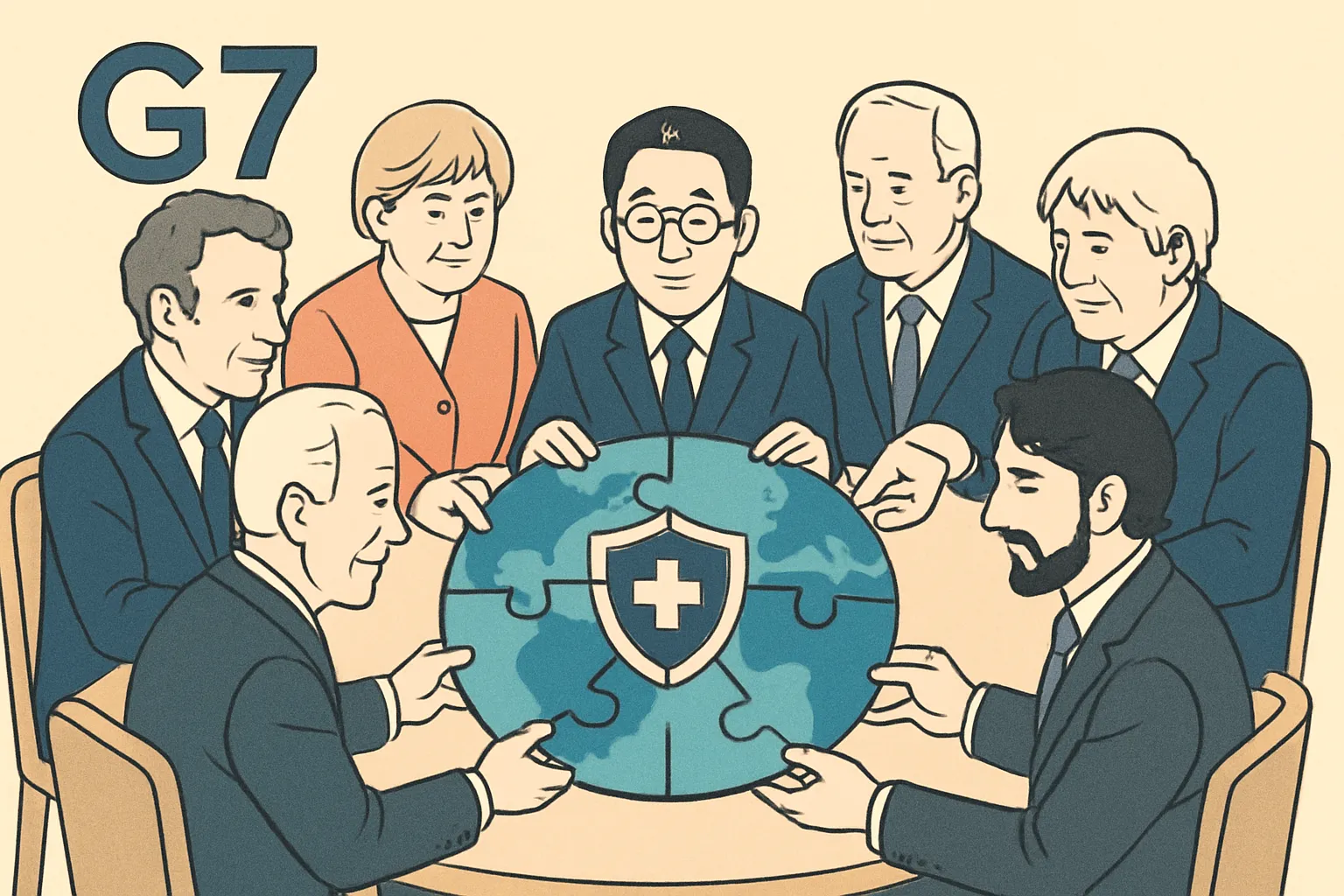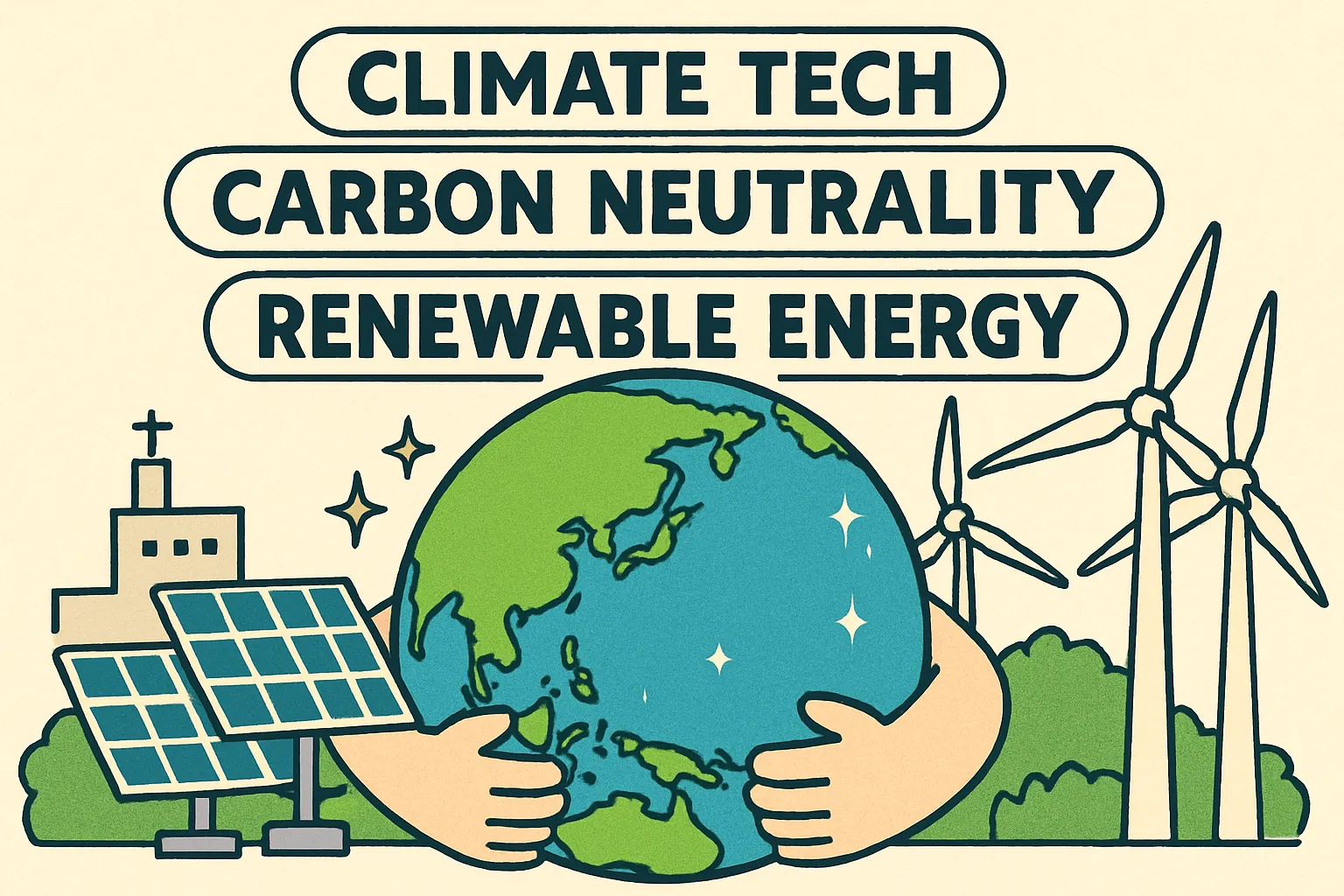Travel Like a K-Pop Idol: Write a Pro Eco-Inquiry in Korean
Hello! Welcome to Maeil Hangul (Daily Korean), where we upgrade your Korean skills one post at a time!
Today, we’re tackling a topic that’s both trendy and meaningful: sustainable tourism. Specifically, we’ll learn how to write a formal email to a resort to ask about their sustainability policies. This is a fantastic way to practice your advanced Korean while making a positive impact!
You might be wondering, “Is this really a thing in Korea?” Absolutely! Lately, conscious travel has been booming, partly thanks to top K-pop idols! When a famous group recently vlogged their trip to an eco-friendly cafe on Jeju Island, it sparked a huge trend. Now, fans and travelers alike are more interested than ever in supporting businesses that care for the environment. So, let’s learn how to do it like a pro!
Key Expressions for Your Formal Inquiry
Here are some essential phrases you’ll need to craft a polite and effective email. These are formal expressions, perfect for business or official communication.
1. ~에 대해 문의 드립니다 (…e daehae munui deurimnida)
- English Meaning: I am writing to inquire about…
- Detailed Explanation: This is the classic, formal way to state the purpose of your email right at the beginning. 문의하다 (munuihada) means ‘to inquire,’ and 드립니다 (deurimnida) is a humble form of ‘to give,’ making the entire phrase very polite. It’s the perfect subject line or opening sentence.
2. 귀사 (gwisa)
- English Meaning: Your esteemed company
- Detailed Explanation: Instead of just saying ‘the resort’ (리조트), using 귀사 elevates your language significantly. It’s a formal, honorific term for “your company” used in business correspondence. It shows a high level of respect and linguistic sophistication. Use it when referring to the resort or hotel you’re writing to.
3. ~을/를 실천하고 있는 것으로 알고 있습니다 (…eul/reul silcheonhago itneun geoseuro algo itseumnida)
- English Meaning: I understand that you are practicing / implementing…
- Detailed Explanation: This is a brilliant way to show you’ve done your homework. 실천하다 (silcheonhada) means ‘to put into practice.’ This phrase politely acknowledges their efforts before you ask for more details. For example, “귀사에서 플라스틱 줄이기를 실천하고 있는 것으로 알고 있습니다.” (I understand that your company is practicing plastic reduction.)
4. 구체적으로 어떤 노력을 하고 계신지 여쭤봐도 될까요? (guchejeogeuro eotteon noryeogeul hago gyesinji yeojjwobwado doelkkayo?)
- English Meaning: May I ask what specific efforts you are making?
- Detailed Explanation: This is the core question, phrased very carefully and politely.
- 구체적으로 (guchejeogeuro): Specifically
- 어떤 노력 (eotteon noryeok): What kind of efforts
- 하고 계신지 (hago gyesinji): A respectful way to say ‘you are doing’ (using the honorific 계시다).
- 여쭤봐도 될까요? (yeojjwobwado doelkkayo?): A very humble way to ask ‘May I ask?’ (using the humble verb 엿줍다).
Sample Email: Putting It All Together
Let’s see how these expressions work in a real email. Imagine you’re writing to the “Jeju Pureun Resort” after seeing it on a travel blog.
Subject: 제주 푸른 리조트의 지속가능성 정책에 대해 문의 드립니다.
To: Jeju Pureun Resort (contact@jeju-pureun.co.kr)
From: Alex Miller (alex.m@email.com)
안녕하세요,
제주 푸른 리조트 담당자님께,
저는 다음 달 제주 여행을 계획 중인 여행객입니다. 인터넷을 통해 귀사가 환경 보호를 위해 다양한 활동을 실천하고 있는 것으로 알고 있습니다.
지속 가능한 여행에 관심이 많아, 예약에 앞서 몇 가지 질문을 드리고자 합니다. 귀사의 지속가능성 정책에 대해, 구체적으로 어떤 노력을 하고 계신지 여쭤봐도 될까요? 예를 들어, 일회용품 줄이기나 지역 사회와의 상생을 위한 프로그램이 있는지 궁금합니다.
소중한 정보에 미리 감사드립니다.
답변 기다리겠습니다.
감사합니다.
알렉스 드림
Culture Tip & Trend Deep Dive: 가치 소비 (gachi sobi)
The trend of inquiring about sustainability policies is deeply connected to a modern Korean concept called 가치 소비 (gachi sobi), which literally means “value-based consumption.”
This is especially prominent among the MZ Generation (Millennials + Gen Z) in Korea. It’s no longer just about price or brand name; it’s about spending money on products and services that align with one’s personal values, such as environmentalism, ethical production, or social contribution.
When K-pop idols, who are seen as having 선한 영향력 (seonhan yeonghyangnyeok – positive influence), showcase an eco-friendly lifestyle, it powerfully fuels this “value consumption” trend. Fans and the public are inspired to not just buy the same items, but to adopt the same values. So, when you write an email like this, you’re not just practicing Korean—you’re participating in a major cultural movement in Korea today!
Let’s Practice!
Ready to test your new skills? You’ve got this!
- Fill in the Blank: You want to ask a hotel about its water conservation policy. How would you start the email subject line?
- 호텔의 물 절약 정책___ 문의 드립니다.
- Sentence Building: Using the expressions we learned, write one sentence asking a company what specific efforts they are making to use local ingredients.
Great job today! You’ve learned how to handle a sophisticated and relevant topic in Korean.
Now, it’s your turn! Try using one of today’s expressions to leave a comment below. I’d love to see your sentences!






